
Discussants at a public forum on the establishment of the Office of the Special Prosecutor (OSP) have advocated an amendment to Article 88 (4) of the 1992 Constitution to make way for the establishment of the office, rather than the use of an Act of Parliament.
They said any attempt to establish that office through an Act of Parliament would be a recipe for compromise on the independence of the special prosecutor, as well as the tenure of office.
The forum, organised by the Ghana Integrity Initiative (GII), in collaboration with the Ghana Anti-Corruption Coalition (GACC) and the Centre for Democratic Development (CDD), with funding from the Strengthening Action against Corruption (STACC), was to foster collaboration with the media to enhance their participation in the process of establishing the OSP.
The discussants further submitted that the mode of appointment of the special prosecutor ought to be non-partisan, stressing that the media, civil society organisations (CSOs) and other key stakeholders must be involved in the process.
Minority support
Speaking at the forum, the Member of Parliament (MP) for Tamale Central, Mr Inusah Fuseini, said the Minority in Parliament was in full support of the initiative to set up the OSP but expressed worry about the potential executive influence that might occur when an Act of Parliament was used to establish it.
“The Minority is not against the establishment of the OSP, but the concern is about the potential conflict that is likely to exist between the Prosecutor and the Attorney-General (A-G), as well as the potential violations of the constitutional provisions in terms of the prosecution of criminal cases.
“What we are concerned with is the independence of the special prosecutor. We need to be sure that the position is devoid of political manipulation and that the tenure of office is not subject to political manipulation of the appointing authority,” he said.
Mr Fuseini said due diligence ought to be done to ensure that the independence and integrity of the proposed prosecution body was guaranteed.
Independence
The Dean of Students and Research at the Institute of Local Government Studies (ILGS), Dr Eric Osae-Oduro, observed that the critical issue to deal with was to put constitutional measures in place to decouple the OSP from political control, especially by the A-G who was an appointee of the President.
“An independent appointment process ought to be followed to get the prosecutor. The position has to be advertised and the media must police it to ensure that there is transparency and integrity,” he said.
For his part, a lecturer at the Ghana Institute of Management and Public Administration (GIMPA), Mr Justice Sirem Sai, said even if the current arrangement to establish the OSP through an Act of Parliament was carried out, it would still be important to use a constitutional procedure to consolidate it.
“The problem with using an Act of Parliament is that it can be easily manipulated through amendments by a government with a majority in Parliament. So, let us ensure that the right thing is done in the interest of probity and accountability in the interest of the country,” he stated.
Dialogue
An official of STACC, Mr Korieh Doudu, called for public dialogue on the issue to determine the funding mechanism, category of cases that would fall under the OSP, as well as a robust information accessibility regime.
He said the focus of the OSP should not be on “political cases” only, adding that bribery, procurement and corruption cases needed to be properly put in context.
Other speakers called for support from the public to ensure that the OSP was well established to enhance accountability, especially among public office holders.
Discussants at a public forum on the establishment of the Office of the Special Prosecutor (OSP) have advocated an amendment to Article 88 (4) of the 1992 Constitution to make way for the establishment of the office, rather than the use of an Act of Parliament.
Read Full Story
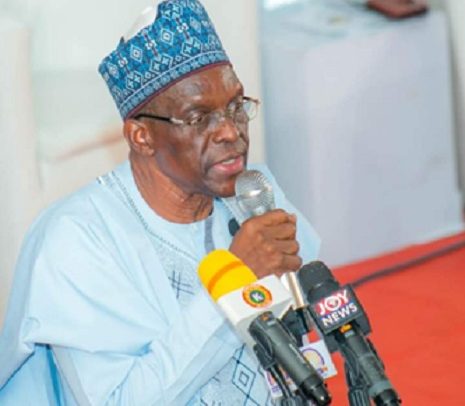



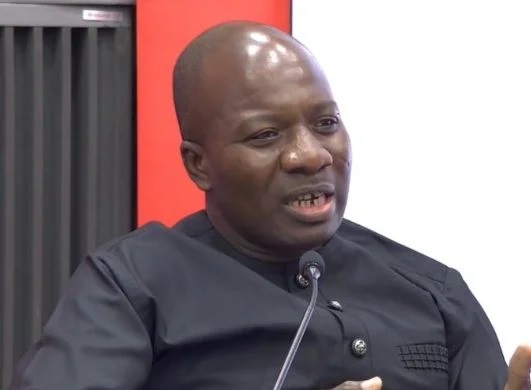
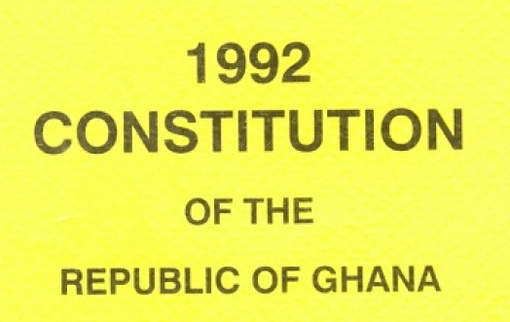

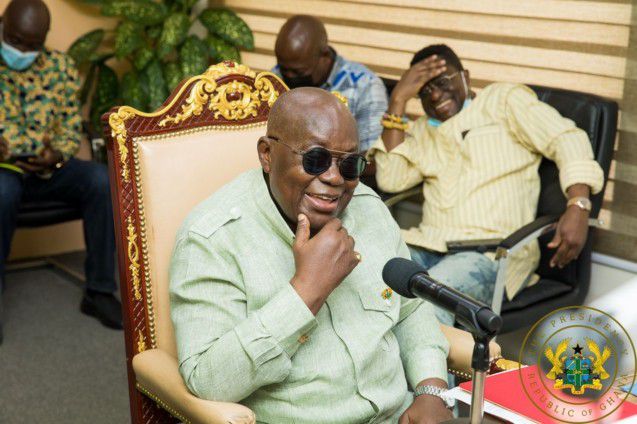


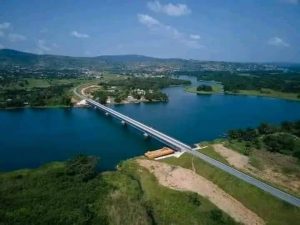


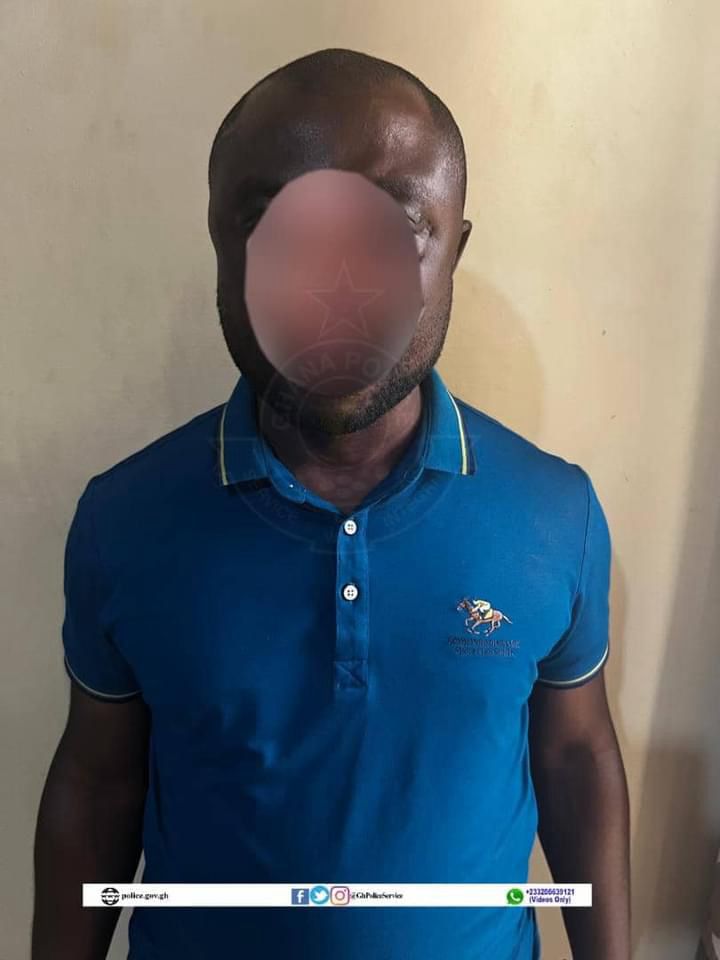


Facebook
Twitter
Pinterest
Instagram
Google+
YouTube
LinkedIn
RSS